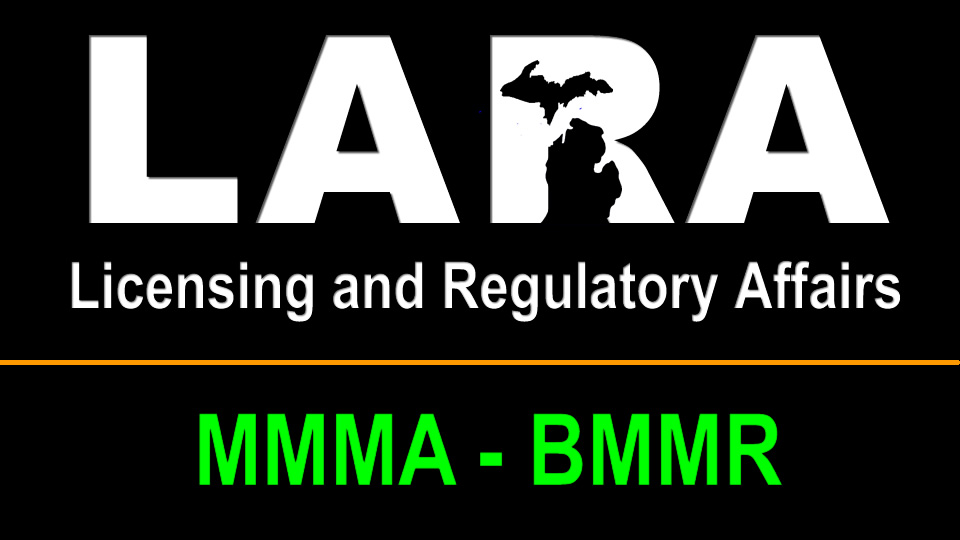
May 13, 2019 | News
According to MLive the Appeals Court concluded that it is illegal for medical marijuana patients to smoke marijuana in their car when parked in public places.
This ruling comes for a case in August of 2013. When a medical marijuana patient, Robert Michael Carlton smoked a joint in his car parked at the Soaring Eagle Casino. According to WZZM13, the police were notified that a man was smoking in his car while parked at the casino by the casino’s security workers.
The medical marijuana patient was charged with possession of marijuana. The Isabella County Prosecutor’s Office charged him because he was smoking in a public place.
The prosecution argued that the smoking in his car was irrelevant. Rather, he was smoking on public property, the casino’s parking lot, and the parking lot is open to the public. The defense believed that because the car is not a public place, but private, that the charges should be dismissed. Carlton is a registered medical marijuana patient.
WZZM13 reported that the district court judge “sided with Carlton” and charges were dismissed and the ruling was upheld by the Isabella County Circuit Court. but the Court of Appeals decided to reverse the decision and sent the case back.
“It (the Court of Appeals) found that Michigan’s Medical Marijuana Act does not permit card holders to smoke “in any public place.”
COA Judge Douglas Shapiro disagreed with the majority ruling. He wrote that because Michigan medical marijuana law has specifically said that smoking on public transportation is prohibited that suggest that vehicles are seen as private in some circumstances.
He said, “The majority looks only at whether the vehicle itself is in a place defined as public. But the statutory language leaves open the possibility that in some circumstances a private vehicle can constitute a ‘private place’ even though it is located in an area to which the public has access.”

Jul 8, 2018 | Blog, Michigan Medical Marhuana Regulation
Since financial institutions generally disfavor cannabis businesses what procedure does the state have in place to accept fees and taxes?
The Department intends to allow the acceptance of fees online via credit card payment, or in person via cash, check or credit card. Questions regarding the methods by which taxes may be paid should be directed to the Michigan Department of Treasury.
Komorn Law has represented numerous clients through the legal chaos of starting up a business in the Michigan Medical Marihuana Industry.
Contact Us For More Information.
800-656-3557

Jul 8, 2018 | Blog, Michigan Medical Marhuana Regulation
If you get licensed as an individual and then later create a company with a different business structure, can that change be made to the license?
No. A change in a business organizational structure would require a new application.
Komorn Law has represented numerous clients through the legal chaos of starting up a business in the Michigan Medical Marihuana Industry.
Contact Us For More Information.
800-656-3557

Jul 7, 2018 | Blog, Michigan Medical Marhuana Regulation
Does my criminal history prevent me from obtaining a license?
It depends on whether the following are true:
- The applicant is ineligible if he or she has been convicted of or released from incarceration for a felony under the laws of this state, any other state, or the United States (federal law) within the past 10 years or has been convicted of a controlled substance-related felony within the past 10 years.
- The applicant is ineligible if he or she has been convicted of a misdemeanor involving a controlled substance, theft, dishonesty, or fraud in any state within the past 5 years.
- The applicant is ineligible if he or she has been found responsible for violating a local ordinance in any state involving a controlled substance, dishonesty, theft, or fraud that substantially corresponds to a misdemeanor in that state within the past 5 years.
The Board may take into consideration the following:
- Whether the applicant has been indicted for, charged with, arrested for, or convicted of, pled guilty or nolo contendere to, forfeited bail concerning, or had expunged any relevant criminal offense under the laws of any jurisdiction, either felony or misdemeanor, not including traffic violations, regardless of whether the offense has been expunged, pardoned, or reversed on appeal or otherwise.
Komorn Law has represented numerous clients through the legal chaos of starting up a business in the Michigan Medical Marihuana Industry.
Contact Us For More Information.
800-656-3557

Jul 7, 2018 | Blog, Michigan Medical Marhuana Regulation
I plan on seeking multiple licenses from LARA, do I have to pay the $6000 application fee for each license?
Applicants will need to pay the $6000 application fee for each separate prequalification submitted to BMMR for review. Applicants will not need to pay the $6000 application fee for each separate step 2 submitted. However, applicants will need to pay the regulatory assessment for each step two, before the license can be issued.
Please see the following illustrative examples below for further clarity:
Example 1—One entity seeking multiple licenses (e.g., a grower and processor license)
Entity needs to complete one prequalification, and pay the $6000 application fee. Entity needs to complete a grower step 2 and a processor step 2. When entity receives notification, entity will need to pay a regulatory assessment for the grower license AND a regulatory assessment for the processor license.
Example 2—Separate entities seeking to co-locate (e.g., a prospective grower, processor, and provisioning center)
Entity A, Entity B, and Entity C plan to co-locate as a grower, processor and provisioning center respectively. Each entity will need to pay an application fee of $6000 and, after BMMR notification, will need to pay a regulatory assessment. So, Entity A will need to pay $6000 with its prequalification; Entity B will need to pay $6000 with its separate prequalification; and Entity C will need to pay $6000 with its separate prequalification. A regulatory assessment will also need to be paid for each the grower, processor, and provisioning center license
https://www.michigan.gov/lara/0,4601,7-154-78089_83746-466868–,00.html
Komorn Law has represented numerous clients through the legal chaos of starting up a business in the Michigan Medical Marihuana Industry.
Contact Us For More Information.
800-656-3557


